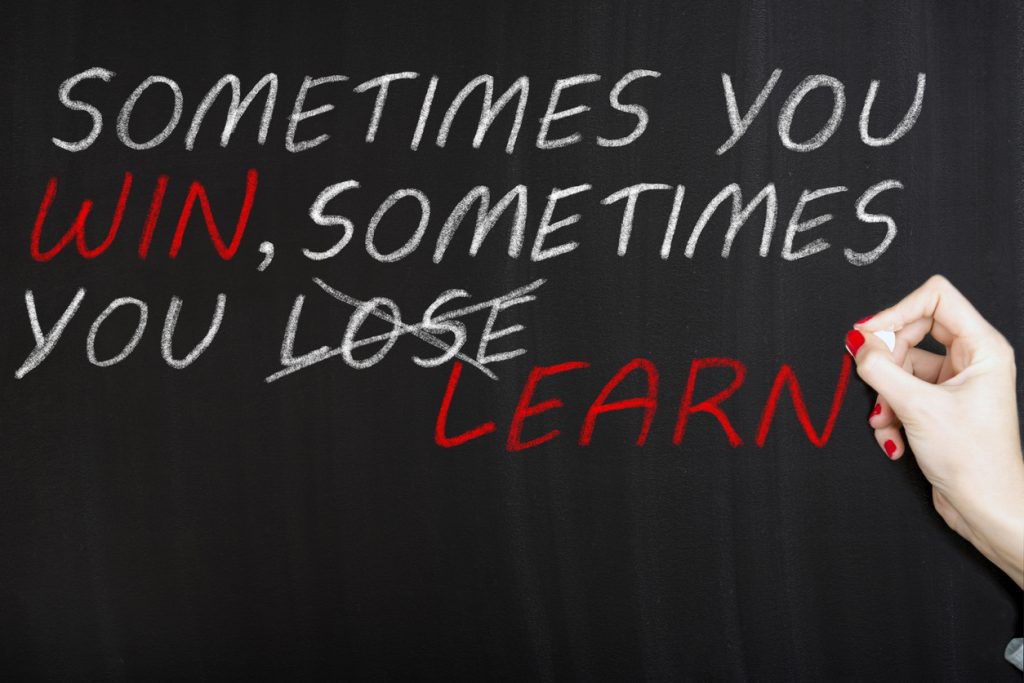Many years ago, Mark Lorch, union steward, lost his temper in a meeting. As a result, the ruling for a labor grievance went against him. He had been ineffective, at best. However, he retired as a respected, influential leader in his company.
Mark, who started as an hourly employee, first demonstrated his leadership as a chemical operator, then became the Technical Training Coordinator for the plant and finally retired as a Logistics Manager. How did he transform?

Union steward loses temper and makes HR manager angry, thereby losing a grievance ruling. Usually, this would be the end of the story. However, this story had a twist. The manager offered the union steward a deal: if they could work together to change their relationship, the ruling would be reconsidered. This was when Mark began to understand that he could be an effective leader only if he learned how to influence others by gaining their respect and working at building strong relationships.
When his personal transformation began, Mark did not have the formal authority to give orders, nor to reward and punish others for their behaviors. Nevertheless, by building relationships based on integrity and respect, he gained significant influence throughout the company. He could persuade managers and peers alike to listen to his ideas and often adopt his recommendations. People looked to see how he reacted to change before determining their own responses.
Mark attributes his successful development to a culture that encouraged people at all levels to recognize and use their strengths. Power was decentralized, and people had the capacity to contribute to the decisions that affected their work. Mark claims that in a different more restrictive culture, he would not have been able to contribute as much.
What can we learn from Mark’s story?
First:
Individuals who wish to lead must be willing to develop their strengths and become collaborative rather than adversarial. A good mentor or coach can help.
Second:
The organizational culture must support expertise and relationship-based leadership. These cultures enable those who are credible, trustworthy and knowledgeable to lead no matter where they fall in the hierarchy. These cultures engage people.
Third :
Everyone can be an effective leader. At the very top of the organization, in the middle or anywhere else ~ it doesn’t matter.
You can lead from where you are.
If you are in a formal executive or management position, you have the power to create a culture that enables widespread leadership. How does this benefit you? Organizations filled with engaged leaders perform better in every way – more successful recruitment, lower turnover, better financial results, stronger support for the organizational purpose.
If you are not a manager, you have the power to develop your leadership skills and make a stronger contribution to the organization. How does this benefit you? You will be more engaged in your work, will find it to be more meaningful, and will experience higher levels of well-being. People who contribute to the organization’s purpose are more satisfied with their jobs.
Question? Comment?
Or just want to learn more about developing a Sustainable Culture?
